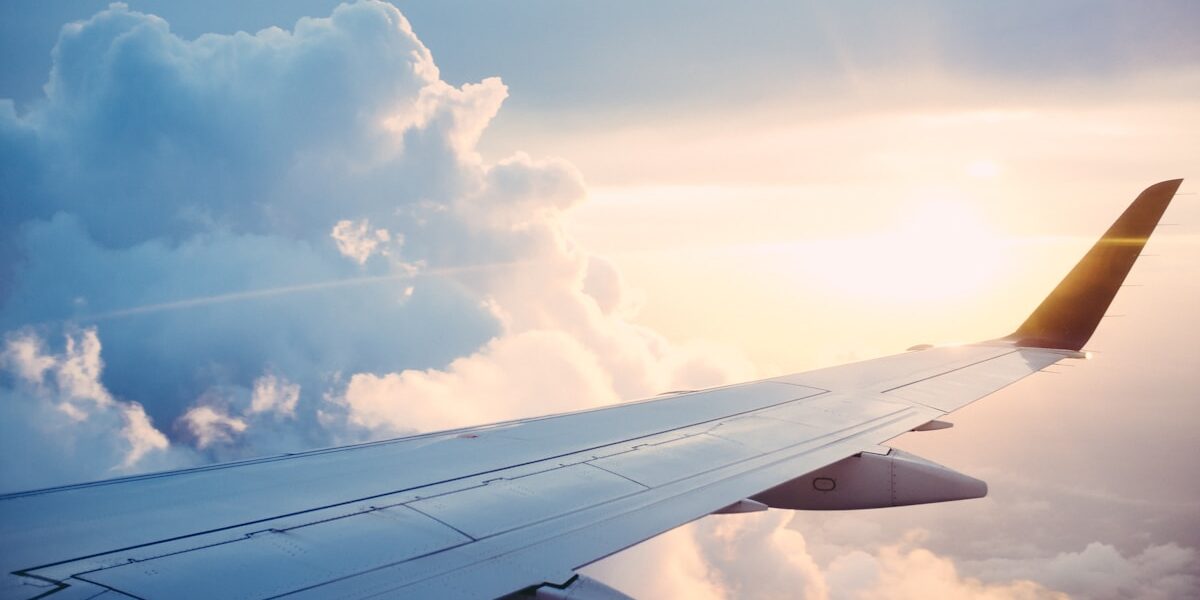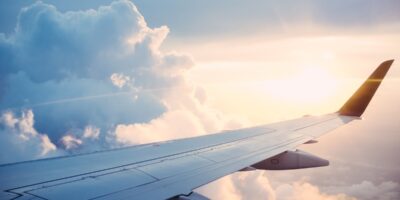A Closer Look at Aviator Salaries
Becoming an aviator is often seen as a prestigious and rewarding career. With the rising demand for air travel, the profession’s allure only grows. But just how much do aviators make? This question doesn’t have a straightforward answer, as it depends on several variables including experience, location, and the type of aviation work.
Commercial Airline Pilots
Commercial airline pilots are among the highest-paid aviators. Their earnings fluctuate based on the airline’s size and the pilot’s experience.
- Major Airlines: Pilots for major airlines can expect higher salaries compared to regional airlines. A captain flying for a major airline may earn over $200,000 annually. First officers, also known as co-pilots, might start around $70,000, with substantial increases over time.
- Regional Airlines: Pilots at regional carriers often earn less. Captains might earn between $55,000 and $80,000, while first officers can expect around $30,000 to $50,000. Although lower, these salaries gradually rise with experience and tenure.
Pilot salaries also vary depending on the aircraft type. Pilots of larger, more complex planes command higher wages. Flight hours also play a critical role in determining pay. More hours can mean eligibility for better positions and pay scales.
Private and Corporate Pilots
Private and corporate aviators operate in a different segment of the industry. They fly business executives, wealthy individuals, or celebrities. This career path offers competitive salaries, often coupled with additional perks.
- Private Charter Pilots: Salaries here are usually between $40,000 and $100,000. Compensation depends on the company and client demands.
- Corporate Pilots: Larger corporations pay hefty salaries for their pilots, sometimes exceeding $150,000 annually. These aviators benefit from corporate benefits, adding value beyond base salaries.
The flexibility of schedules and the prospect of flying to exclusive locations add to the appeal. However, job security can be less stable in this sector compared to commercial airlines.
Military Aviators
Military pilots serve their country while honing their flying skills. Compensation isn’t as straightforward as in civilian roles, as it’s based on rank and service duration.
Starting salaries might be modest, around $50,000 annually, but increase considerably with promotions, flight hours, and additional responsibilities. Military benefits include housing allowances and comprehensive healthcare, which enhance the overall compensation package.
Many military aviators transition to civilian roles after service, where their expertise and experience often lead to lucrative opportunities in airlines and private aviation sectors.
Flight Instructors
Flight instructors train new pilots and maintain their aviation skills through regular flying practice. Their earnings vary widely.
- Independent Instructors: Earnings depend on student enrollment and the hours they teach. Instructors might earn around $30,000 to $60,000 per year.
- Flight Schools: Established flight academies offer salaried positions. Instructors can make between $40,000 and $80,000 annually, depending on the school’s size and prestige.
This role offers instructors a chance to build flight hours, preparing them for future roles in commercial or private aviation. The flexibility of self-employment is a draw for many.
Agricultural Pilots
Agricultural pilots, also known as crop dusters, play a key role in farming operations. They apply fertilizers and pesticides to crops from the sky, covering large areas efficiently.
These pilots earn between $30,000 and $90,000 a year. Salaries depend on the region, crop types, and workload. The work is seasonal, so income may fluctuate throughout the year.
Despite the lower average pay, many find satisfaction in supporting agricultural productivity. They often work independently or for specialized agricultural aviation companies.
Factors Influencing Aviator Salaries
The amount an aviator makes is influenced by various factors. Experience is a major influence, as seasoned pilots are in higher demand and earn more. The type of aircraft and operational environment also play roles in shaping salary structures. Market dynamics, such as pilot shortages or high demand for air travel, can lead to wage fluctuations.
- Experience: Hours logged and years flown directly impact earnings. More experience typically results in higher pay.
- Aircraft Type: Pilots certified for larger, more complex aircraft earn higher salaries due to the skill and responsibility involved.
- Employer Type: Major airlines, private jet companies, and military services often offer different compensation packages varying in salary and benefits.
- Location: Geographical location can influence salaries. Cost of living and local demand impact regional pay scales.
The aviation industry is dynamic, with salaries reflecting economic conditions and technological advancements. As the profession continues to evolve, so do the compensation and opportunities for aviators worldwide.
“`
Recommended Aviation Gear
David Clark H10-13.4 Aviation Headset – $376.95
The industry standard for aviation headsets, trusted by pilots worldwide.
Pilot’s Handbook of Aeronautical Knowledge – $25.42
The official FAA handbook – essential reading for every pilot.
As an Amazon Associate, we earn from qualifying purchases.


Subscribe for Updates
Get the latest articles delivered to your inbox.
We respect your privacy. Unsubscribe anytime.